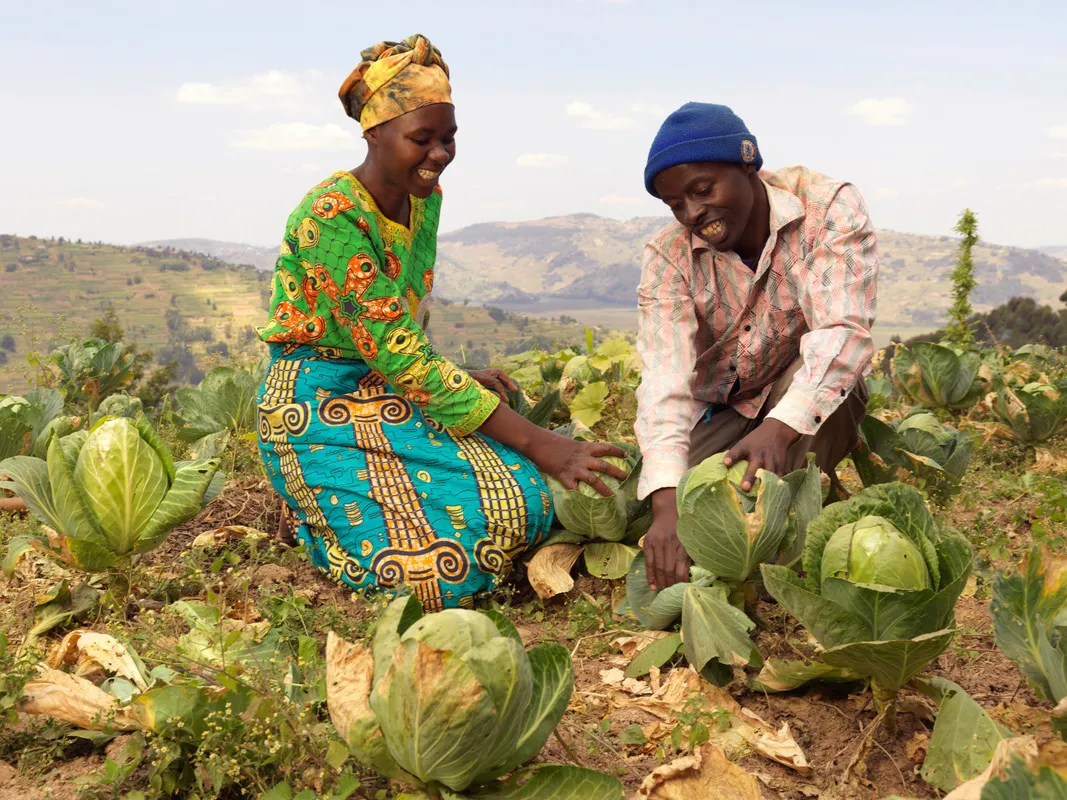What to expect in this brief
Additional stressors exacerbate and amplify gender-based violence—we saw this during the COVID-19 pandemic, and we continue to see this as communities struggle with the compounding impacts of climate change, conflict, resource scarcity, increased commodity costs and deepening food insecurity.
This brief delves deeper into the relationship between food insecurity, gender inequality and gender-based violence (GBV), calling attention to the specific ways in which violence intersects with food insecurity and women’s experience of hunger, particularly within their homes. It highlights how investing in gender transformative approaches doesn’t just make women safer—it helps them access food, helps their families eat more, and can even increase food production overall.
The full brief is available in English, Spanish, French and Arabic. A one-page snapshot is also available in English.

